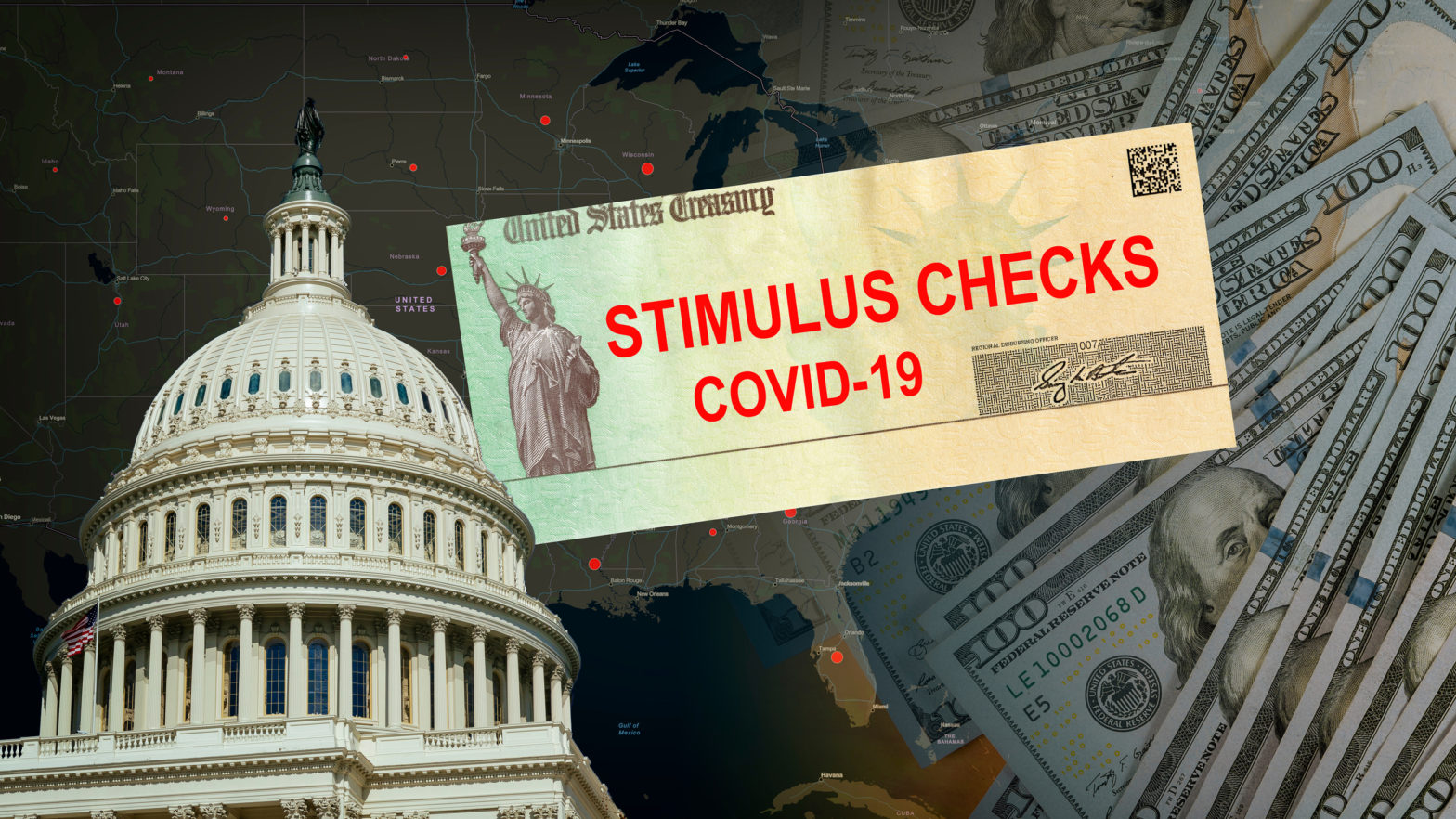DISCLAIMER: As the COVID-19 public health situation evolves, new regulations are being continually issued. This page/story/information may not include the most recent information.
Stimulus checks are intended to stimulate the economy but that doesn’t necessarily mean you should spend yours right away
The Treasury Department and the IRS said last week that stimulus checks will be distributed in the next three weeks, deposited automatically for most people. A family of four could receive up to $3,400, depending on their income.
The stimulus checks are intended to stimulate the economy, but that doesn’t necessarily mean you should spend yours right away. Here are some things to consider:
1. If you are still working but don’t have a three-month emergency fund: Save your stimulus check. Now is the time to stop unnecessary spending and build your emergency fund. You should have money for at least three months of basic expenses (rent and food) in a high-yield savings account. If you don’t, deposit your stimulus check there.
US DOUBLES INTEREST RATE ON SMALL BUSINESS LOANS AFTER LENDERS COMPLAIN
2. If you are still working and already have a three-month emergency fund: Now is a good time to spend. You can find great deals, support your favorite businesses, and help stimulate our nation’s economy. You may also be eligible for current low refinance rates for homes and auto loans. Now is the time to take advantage of these opportunities to lower your monthly loan payments or shorten your loan terms.
EVERYTHING YOU NEED TO KNOW ABOUT WHO GETS A CORONAVIRUS RELIEF CHECK
3. If you are out of work: Use your stimulus check to cover basic essentials to help you live over the next few months. Remember that federal unemployment insurance will cover four months of your full salary – much higher coverage than ever. Also, consider filing your 2019 income taxes. The previous year, the average tax refund was $2,725 per filing. If you don’t need to spend your stimulus payment – even if you are out of work – don’t. Put it in your emergency fund in case your unemployment lasts longer than four months.
4. Defer loans if you can’t make all of your monthly payments. You can now defer payments on federal student loans, and many lenders are allowing borrowers to skip payments on mortgages, car loans, credit cards and other debt. Check with your lender to see if you qualify and what options are available to you.
5. Use this time at home to assess your financial situation. A quarter of Americans don’t know their mortgage rate; nearly half haven’t checked their credit score recently; and one in five don’t know whether they have credit card debt.
WHAT APPLICANTS NEED TO KNOW ABOUT THE SMALL BUSINESS LOAN PROGRAM
A good financial assessment means knowing all of your debt and the interest rates you are paying. Pay off debt with the highest interest rate first. Keep in mind your highest-cost debt has the highest interest rate, not necessarily the highest payment. Then, budget all of your expenses in order of priority.
6. Consider a credit union. The number of Americans using credit unions grew during and after the 2008 recession. At the end of 2009, credit unions had 89.3 million members and $884.7 billion in assets; by 2019, they had 119.6 million members and $1.54 trillion in assets. The reason is that many banks were unwilling or unable to meet the needs of struggling consumers.
Credit unions, as not-for-profit member-owned financial institutions, don’t answer to stockholders; instead, profits are reinvested back into the credit union to directly benefit members. So credit unions are often more willing and able to work with members having tough financial times.
Full disclosure: I am president and CEO of PenFed Credit Union.
7. Stay positive – and wash your hands. Yes, the stock market is down, workers have been laid off, and many of our favorite places are closed. But this is also a great time to save and plan for your future. You can put yourself in a better financial position. And, now that we have a little extra time, remember to wash your hands for a full 20 seconds. Protect yourself physically as well as financially.
Click Here to Get Full Story on Fox News
James R. Schenck is president and CEO of PenFed Credit Union and CEO of the PenFed Foundation. PenFed is federally insured by NCUA. Equal Housing Lender.
